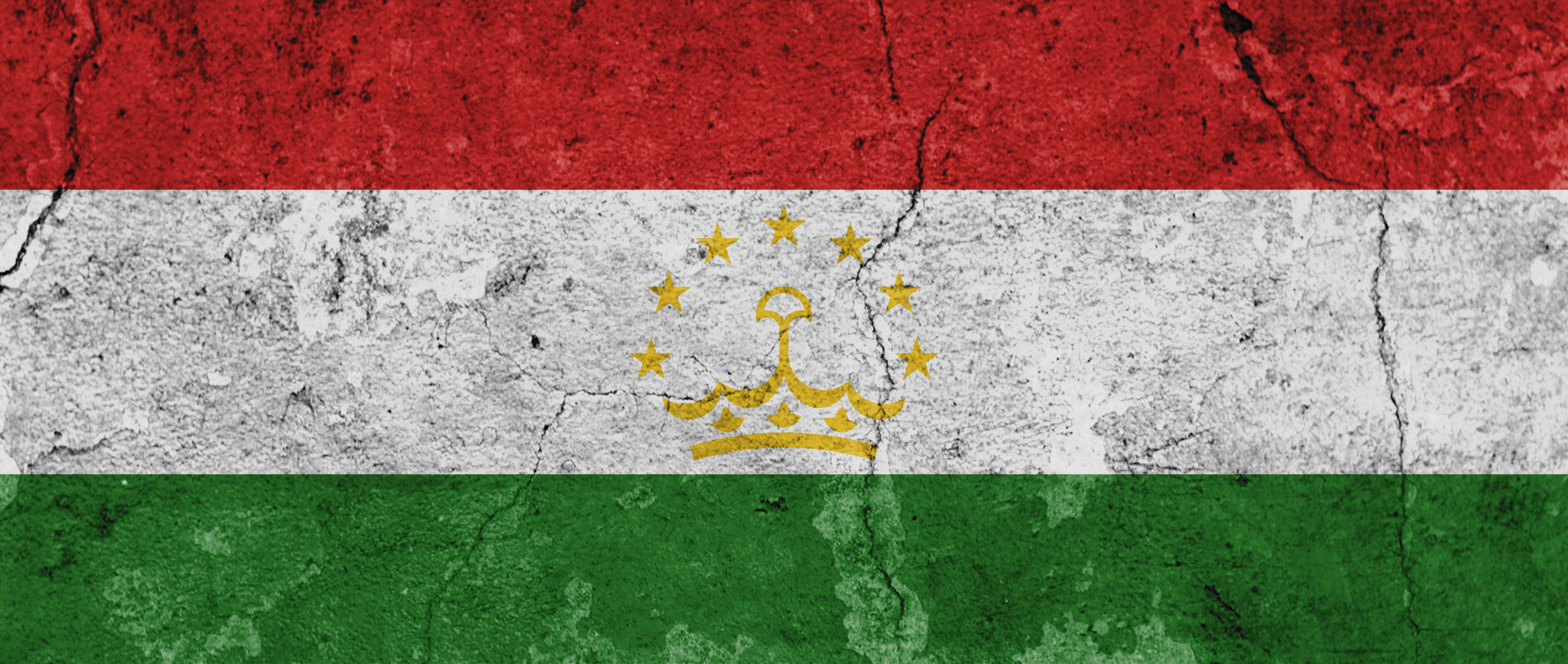HRF has won an arbitrary detention case against Tajikistan and Russia. The case was filed on behalf of Tajik-born political opposition activist Maksud Muhidinovich Ibragimov, who has been illegally detained since 2015.
In 2004, Ibragimov renounced his Tajik citizenship and moved to Russia, where he co-founded the opposition movement, Tajik Youth for the Revival of Tajikistan. After suffering severe attacks for his work, Ibragimov was abducted in Moscow by unidentified Tajik men in 2015 and flown to Tajikistan, where he has been detained since.
In the attached opinion, the UN Working Group on Arbitrary Detention (UNWGAD) declared his detention to be arbitrary under each category for which HRF’s legal team submitted an argument. The UNWGAD has also referred the case to the following Special Rapporteurs: on freedom of expression; association; torture and other cruel, inhuman or degrading treatment or punishment; and human rights and terrorism.
Why is such a ruling important? What impact can it have?
Litigation before the UNWGAD and other international judicial and semi-judicial bodies addresses the inadequacies of judicial systems in authoritarian regimes, and offers remedies to the victims of corrupt judicial systems through a reputable international semi-judicial body. In each case on behalf of a dissident living under an authoritarian regime, there is an opportunity to achieve a positive outcome for the entire country — in the form of international public and legal pressure for greater transparency, and indisputable evidence of violations, a necessary and important component of any potential transitional justice effort.
How does HRF’s Impact Litigation program work?
HRF’s Impact Litigation program provides international legal representation to prisoners of conscience whose cases are emblematic examples of the brutality of dictatorship. HRF’s legal team has litigated dozens of cases before several judicial and semi-judicial international bodies, including the Inter-American Court of Human Rights, the European Court of Human Rights, the Inter-American Commission on Human Rights, the Special Rapporteurs on Torture, and Freedom of Expression and Freedom of Association.
Through its years of experience, HRF’s legal team has found the UNWGAD to be the most efficient and effective court-like body in the international arena to receive individual complaints against states, process counterarguments, and adjudicate them within a reasonable time span. HRF’s Center for Law and Democracy regularly submits emblematic cases of arbitrarily imprisoned dissidents and pro-democracy activists to this important international semi-judicial body of the United Nations system and multiple other special procedures under the UN Human Rights Council.
Have these efforts been successful in the past?
Each year, the UNWGAD receives thousands of submissions, but it only actually issues opinions on a very small number of filings. The Working Group has so far issued opinions on a majority of cases we’ve submitted. And for each petition that we’ve received a decision for since the start of our program, the outcome has been in our clients’ favor, and explicitly stated that each case of detention was, indeed, arbitrary. Submissions to the UNWGAD are particularly effective in exerting pressure on governments to release arbitrarily-detained prisoners, and HRF has submitted multiple petitions and Urgent Appeals which have contributed to prisoners’ freedom.
